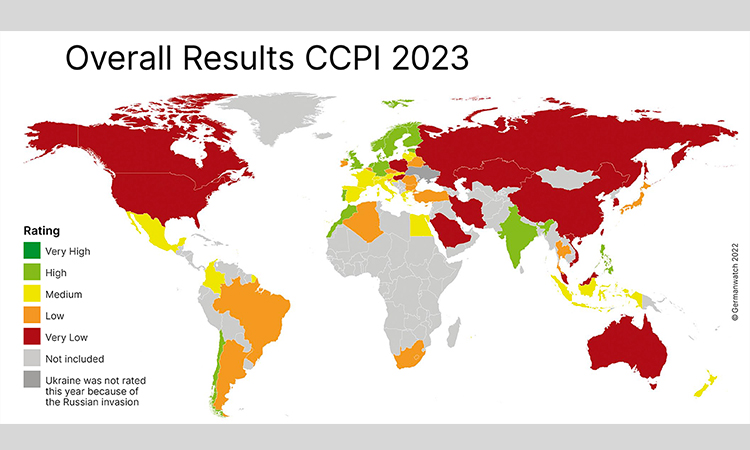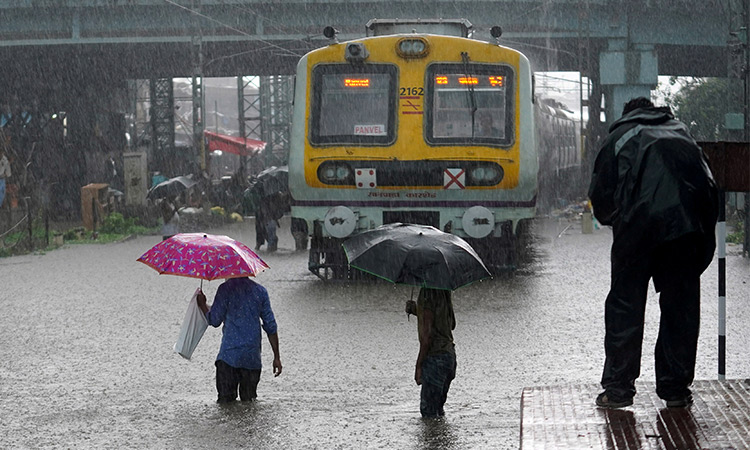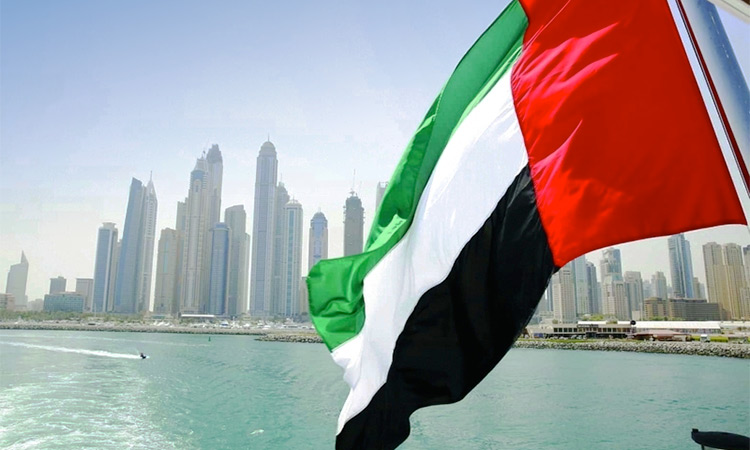India ramps up climate change dialogue efforts

Meena Janardhan
Writer/Editor/Consultant. She has over 25 years of experience in the fields of environmental journalism and publishing.

Photo used for illustrative purpose.
At the Leaders’ Summit on Climate on 22 April 2021, Prime Minister Narendra Modi and US President Joseph Biden had agreed to launch a high-level India-US Partnership which envisages bilateral cooperation on strong actions in the current decade to meet the goals of the Paris Agreement.
“As a climate-responsible developing country, India welcomes partners to create templates of sustainable development in India. These can also help other developing countries, who need affordable access to green finance and clean technologies,” PM Modi had said at the virtual Leaders’ Summit hosted by the US.
This week, during the visit of the American special presidential envoy John Kerry, India and the US launched the Climate Action and Finance Mobilization Dialogue (CAFMD), which is one of the two main tracks of the US-India Agenda 2030 partnership.
Kerry also met with Government of India counterparts and private sector leaders to discuss efforts to raise global climate ambition and speed India’s clean energy transition. This dialogue may pave the way for more intense dialogue over the ‘net-zero’ emission goal agenda of different countries ahead of COP26.
India’s Environment, Forest and Climate Change Minister, Bhupender Yadav, held a virtual meeting last week with Dr Sultan Ahmed Al Jaber, Minister of Industry and Advanced Technology and UAE Special Envoy for Climate Change, and discussed issues regarding COP26, renewable energy and other related matters.
Stating that renewable energy and energy efficiency are among the key pillars of Indian climate change strategies, he said that India has worked to make sure that renewable energy, particularly solar, becomes cheaper than energy from fossil fuels, a Ministry release said.
Yadav further mentioned that India has already installed about 151 GW of non-fossil fuel installed capacity, or 39 per cent of the total capacity, and going ahead, declared an aspirational target of installing 450 GW of renewable energy by 2030.He also mentioned the Hydrogen Energy Mission, global initiatives such as International Solar Alliance (ISA), Coalition of Disaster Resilient Infrastructure (CDRI), and leadership group for Industry Transition (LeadIT) and underlined the need for prioritising the concerns of developing countries, particularly in areas of implementation support including finance and technology.
Last week, Minister Yadav also met with Danish Minister for Climate, Energy and Utilities Dan Jorgensen to discuss on general bilateral cooperation between India and Denmark in the areas of environment and climate change. Minister Dan Jorgensen is on five day visit to India with a business delegation.
The visit also explored enhancing India’s nationally determined contribution (NDC) under the Paris Agreement and on futuristic technology to help mitigate climate crisis. The NDCs are pledges by countries on what action they will take to mitigate greenhouse gas emissions under the Paris Agreement of the United Nations Framework Convention on Climate Change (UNFCCC).
The environment ministers discussed on the Joint Action Plan to take forward the Green Strategic Partnership in the environment sector. Both sides agreed to further strengthen the bilateral cooperation on environment, and also to take forward the discussion on Green Strategic Partnership and COP26.One of the main areas of the partnership is setting up an offshore clean and wind energy hub in Tamil Nadu of about 1 GW.
Again, last week, India and Germany have also discussed ways and means to deepen partnership on energy and climate in a meeting between Yadav, and German Parliamentary State Secretaries Maria Flachsbarth and Norbert Barthle.
Both sides discussed at length on a wide range of environmental issues covering areas such as climate change, water scarcity, marine and air pollution, circular economy. They also stressed on the importance of information exchange in bilateral programmes keeping climate and SDG indicators in focus — agro-ecology, solar partnership inter resilience, according to an official statement.
Yadav acknowledged the importance of Indo-German bilateral cooperation on environment and appreciated efforts made by Germany in bringing new technologies in India. India and Germany may explore strengthening bilateral cooperation, especially on circular economy, treatment of solid waste (solar panels, batteries), wastewater etc., he said.
The first high-level policy dialogue between India and Japan was also virtually held between Yadav and his Japanese counterpart, Koizumi Shinjiro, which focused again on COP26, marine litter and air pollution among other areas of concern.







